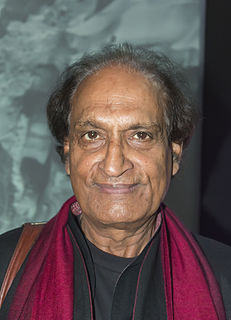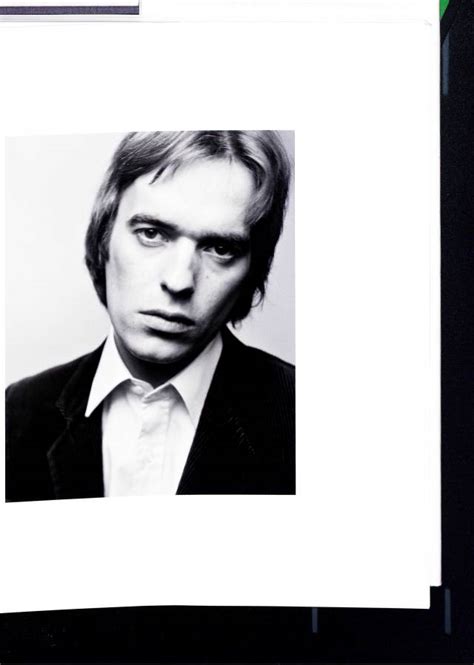A Quote by Richard Avedon
The moment an emotion or fact is transformed into a photograph it is no longer a fact but an opinion.
Quote Topics
Related Quotes
Silences enter the process of historical production at four crucial moments: the moment of fact creation (the making of sources); the moment of fact assembly (the making of archives); the moment of fact retrieval (the making of narratives); and the moment of retrospective significance (the making of history in the final instance).
The moment you make a photograph you consign whatever you photograph to the past as that specific moment no longer exists, it is history. The photography that I practice takes place in a specific time and place, depicting real moments in people's lives. In some ways I think of myself as a historian, but not of the word. History is most often written from a distance, and rarely from the viewpoint of those who endured it.



































